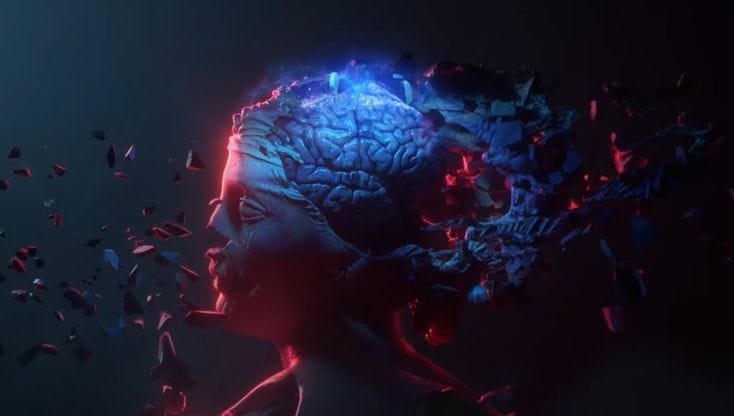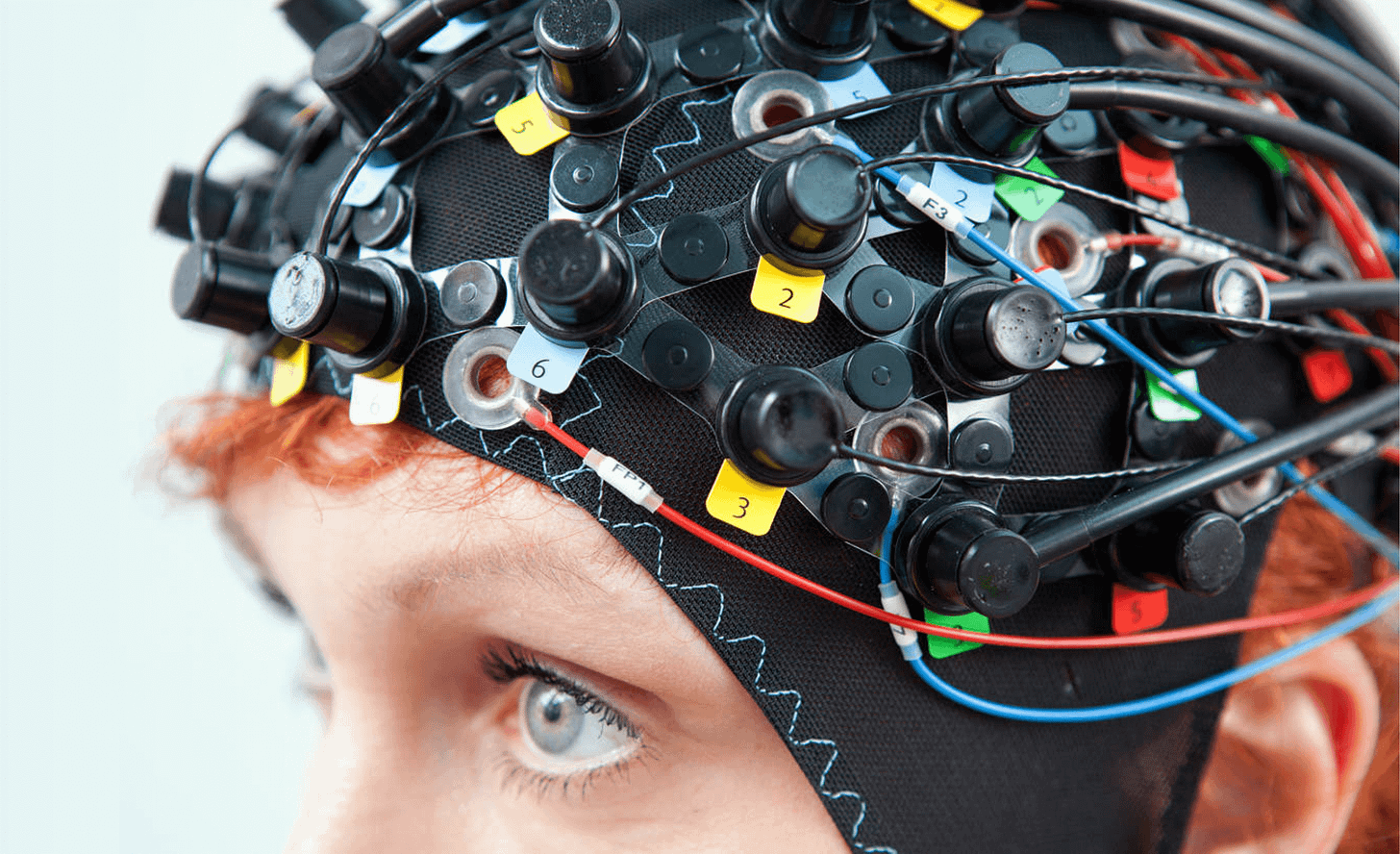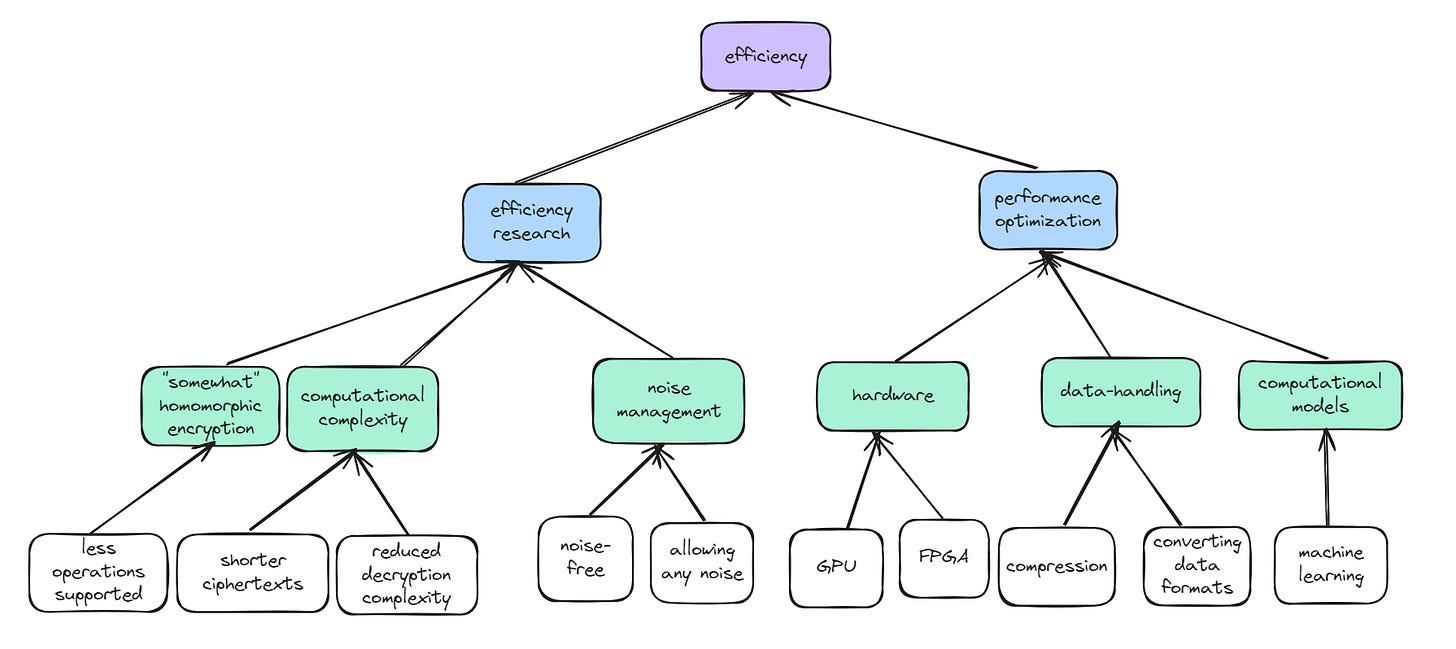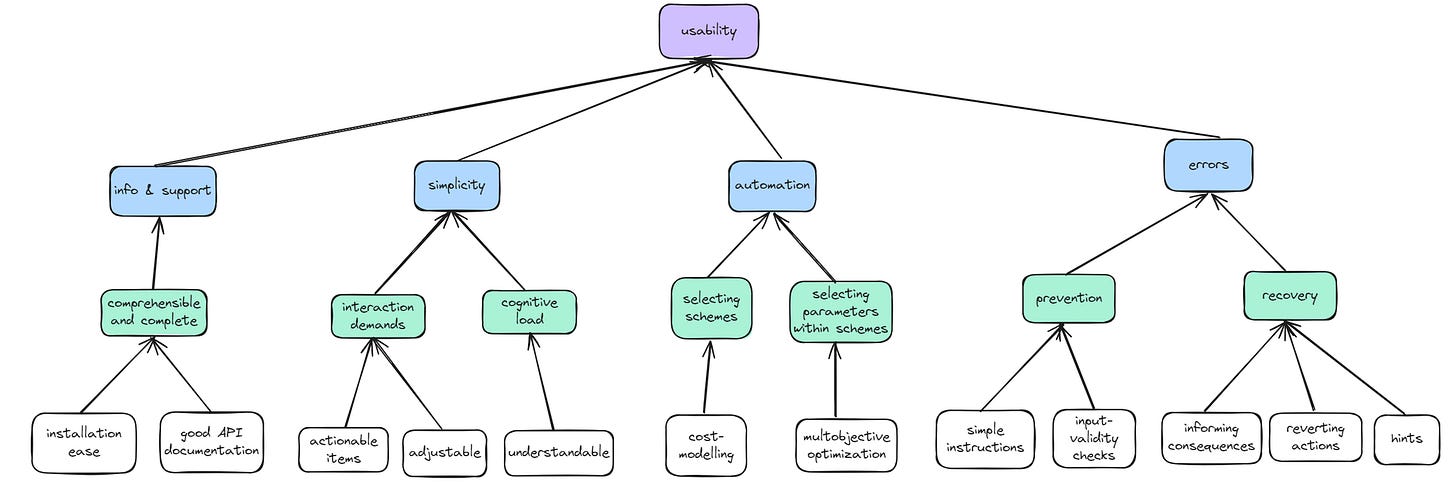The future is now, old man.
We could (probably) find your address with your name and phone number.1
I don’t think you want that.
Well, guess what?
Give it some time,
And companies will be able to use other data to make a bot that sounds just like you.
Take for example, *ahem*… your text messages.
There’s probably stuff in there that should not see the light of day.
Especially to those organizations with your data.
And who would be first on the list for your data?
Brain-Computer Interfaces.2
You know, these things.
They’re not for sale… yet.
But when they do…
It would generate even more data.
For example:
Your reactions and emotions from your text messages could be trained into a machine learning (ML) model and text for you.
Or you can collect data points from participants to find revelations about Alzheimer’s and commence a quest for answers.
Or…
Uh….
What about data privacy?
Oh, yes, yes.
That’s something to consider.
*Sigh*
This might be a bit harder than what we thought…
Dear old friend Google…
Is there a way to do shit safely without my privacy in jeopardy?
~
Yes, there is.
We Are Gunna Make It.
It’s called “Project Brainfog”.
Found it knee-deep beneath the sea of web links.
Their solution is known as…
Homomorphic Encryption.3
Yeah, I know.
What does that mean?
Homomorphic encryption allows computations to be done on encrypted data without decryption.
OK, how about a more real-world example?
Fine.
You’ve been reading this for a minute.
So let’s do some meditation.
In this morning meditation session…
The brain-computer interface could gather data about your attention levels.
Then it would store the encrypted version of this data and send it to the cloud.
It would analyze the data en-masse and return the decrypted results.
You learn your focus has recently gotten better because of meditation.
All the neural data has been utilized for insights without decrypting (or revealed).
~
Cool…
So why can’t I get my hands on my meditation data?
Well…
You can if you want.
Just get your five cups of coffee ready and plunge into the depths of GitHub repositories.
So perhaps it’s not crystal clear to victory.
Here’s a Sequoia-sized map tree of unseen problems…
And when you DO find the homomorphic encryption libraries on GitHub,
You better have spare time to download the libraries and search through APIs.
By the way, the code is not very interactive.
Documentation, simplicity, automation, & error management are major obstacles to usability.
Well, shit.
Now what?
For starters, we’re done meditating.
You can pay attention now.
But if there’s no privacy protection…
We could go back to newspapers.
But we’re better than that.
We Are Gunna Make It.
~
Meet Yoyo4, Shresht5, & Merrick.6
They are the brains behind Project Brainfog.
Their solution is the following:
They will build a homomorphic encryption compiler.
You input data that you have.
They automatically make it secure with encryption.
With their background, they will focus on usability & performance optimization.
Carlos, why them?
Yoyo is a Minerva CS student with past research in quantum computing, swarm robotics, and BCI projects. Currently based in San Francisco.
Shresht is a Northeastern student who previously published 6 research papers, and built 3 startups; Interests span biocomputing, topology, design, and more. Currently based in Boston.
Merrick is a Minerva CS student with experience in pure math and climate modeling research.
As of this post:
Project Brainfog validated the lack of security and automation regarding neuroimaging data with 20+ researchers within neuroscience and with neurotech startups.
As of now…
Their roadmap includes building the software architecture, encryption algorithm design, required datasets, presenting their findings, and more.
This is their ask:
Help with getting grants.
Put us in contact with privacy-preserving communities, professors, or grad students working on cryptographic theory.
Access to compilers or relevant computing research.
And a personal ask from Yoyo:
Any scholarships/grants would be the first priority to continue at Minerva & research.
If you choose to soak your mind with their knowledge…
You can check their white paper.7
~
AI is here.
And I don’t think it’s gunna leave.
So might as well use it or lose it.
But one thing to not lose for sure,
Is keeping our data to ourselves.
Perhaps then we can ditch the paper magazine.
And meditate in peace.
Yours,
CJ
Some sites include: whitepages.com, fastpeoplesearch.com, and more.
I lied. You can pre-order this BCI from Neurable: neurable.io
Time to dive into the rabbit hole: IBM Homomorphic Encryption.





